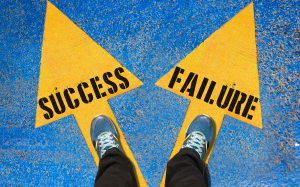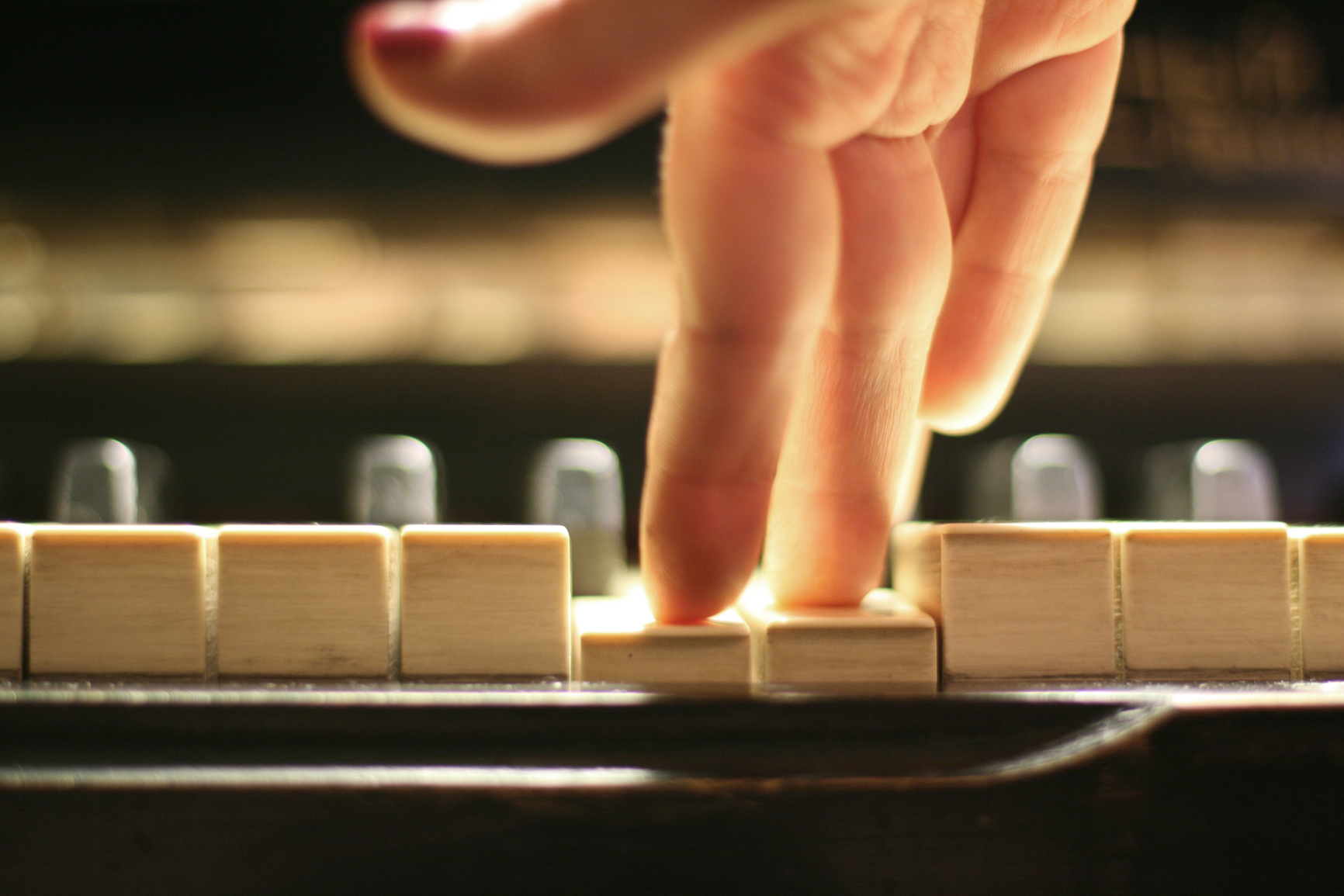A new museum in Helsingborg, Sweden, celebrates failure. Yes, you read that correctly – it celebrates failure. The museum displays corporate products which flopped but which paved the way for greater innovation and extraordinary commercial success (for example, Apple’s Newton device was the forerunner of the iPhone and iPad), and prove that failure, and a willingness to learn from it, is a crucial part of success.

“Innovation requires failure. Learning is the only process that turns failure into success.”
– Dr Samuel West, creator of The Museum of Failure
Despite knowing that we can learn from our own mistakes, most of us fear failure, and fear the reactions to that failure – ridicule from family, friends, colleagues, embarrassment, personal disappointment and depression. As musicians, setbacks and failure can have a profound effect on how we approach our music making and professional career. If we perceive failure as humiliation, it can paralyse our ability to learn and develop, but if we can separate our ego from the failure or setback, we can use the experience positively as an informed learning process to shape our future approach, make us stronger and motivate us to work harder and smarter. Sadly for many of us, the “wrongness” of making mistakes is inculcated in us from a young age – by parents, teachers, and peers – and such prejudices combined with a constricted mindset leads us to blame and criticise ourselves for our failings.
The problem for many musicians is that our music and our instrument are crucially entwined with our identity and setbacks can therefore feel like a very personal attack. But if we are able to see what we do as ‘work’, and not allow it to define us as a person, we can take a more objective approach to mistakes and setbacks.

Failure is part of creativity and mastery. Without it we cannot learn, explore, experiment, expand our horizons, and, importantly, progress. By removing emotion and adopting a more positive mental attitude, we can turn failures into successes and become more creative and motivated to succeed. Neuroscientists have found that the parts of our brain responsible for self-monitoring are actually switched off when we are being creative. Thus, by being creative, negative feelings connected with failure can be turned down, allowing the brain to think clearly and spark new ideas and approaches.
My students don’t believe me when I tell them there is a book called The Perfect Wrong Note, which celebrates mistakes and what we can learn from them. In our day-to-day practise, mistakes should be regarded as opportunities for evaluation, reflection and refinement.
Mistakes show we are human, and fallible, that it’s ok to have an off day when your playing and practising may not go as well as usual. Giving ourselves permission to make mistakes allows us to be fulfilled by our music and to feel empowered about our practising. A willingness to make mistakes teaches us to be self-critical, but in a positive, productive way.
Mistakes and failures contain all the information needed for learning – if we are willing to use it – and as the Museum of Failure demonstrates, failure is a crucial part of innovation, creativity and progress.
There is no such thing as failure — failure is just life trying to move us in another direction……Learn from every mistake. Because every experience, encounter, and particularly your mistakes are there to teach you and force you into being more of who you are.
– Oprah Winfrey
For more of the best in classical music, sign up for our E-Newsletter




